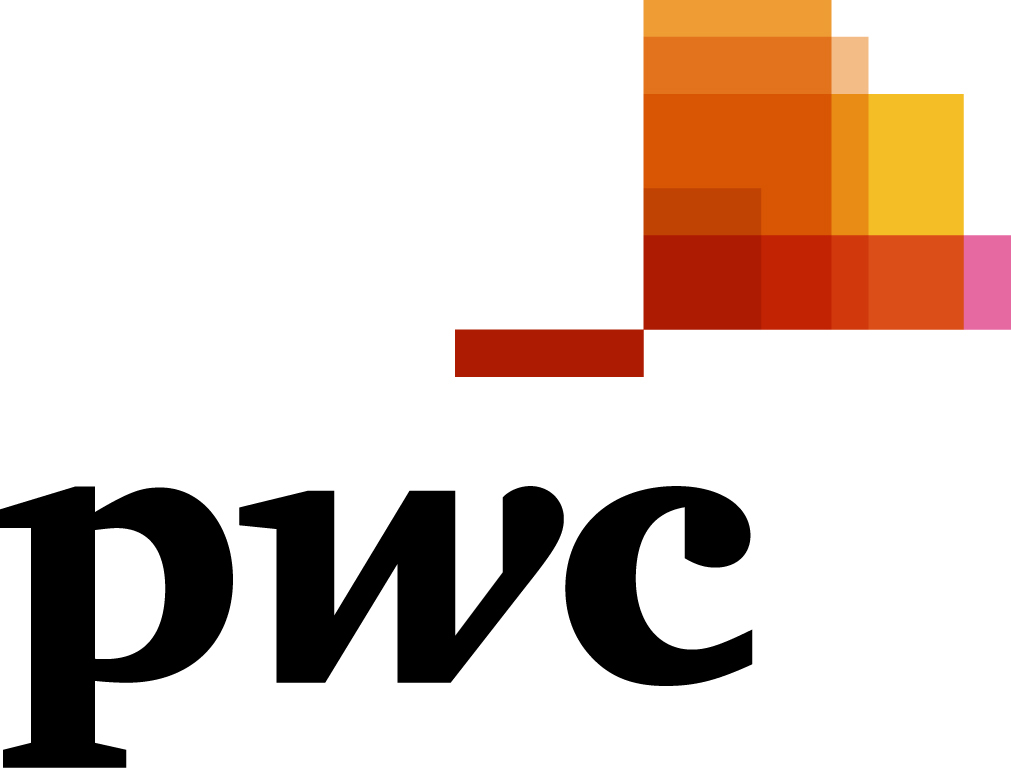Labor Policies for a Digital Workforce: The Challenges of the Metaverse
- The metaverse is an inevitable digital evolution and one that is already becoming a reality. It is therefore both critical and urgent that policymakers act now to prepare, and shape the foundations of its governance structures to best secure the safety of their citizens whilst it is still in its infancy.
- While many governments are currently unprepared, policymakers and regulators will have to learn from non-traditional, non-government actors who have already built a foothold in the metaverse. At a regulatory level, international, interdisciplinary collaboration involving all key stakeholders is a must.
- Building these robust, transparent, and future-proofed frameworks will be a key determinant of whether the metaverse’s ability to transform society will truly be a progressive force for good. Critically, they must be fluid, ongoing, and proactive as the metaverse continues to evolve, giving rise to unprecedented challenges and demanding new forms of governance.
Digital technology, near unlimited data, increased computing power, expanding communication bandwidth, and the 24/7 online mindset are converging to create a fully digitalized reality that mimics and parallels the analogue ‘real’ world.
Although in its infancy, the metaverse may soon transform our economies, our lifestyles, and our places of work. Therefore, it is both critical and urgent that policymakers act now to prepare for the new era of the metaverse, laying down the foundations of governance and policy to ensure that the metaverse ecosystems of the future are open, accessible, equitable, interoperable, and, crucially, safe for their citizens to participate in.
However, adapting to this emerging digital reality will have its challenges for governments, in particular when it comes to the labor markets of the future. Many governments are currently unprepared for this transition. Therefore, it is likely that policymakers and regulators will have to learn from non-traditional, non-government actors who have already built a foothold in the metaverse.
To achieve metaverse-readiness, we believe that governments must undertake an assessment of both their capabilities and understanding. In doing so, they need to:
1. Consider human resources capabilities both inside the administrative arms of government and in the economy at large.
2. Reform their regulatory agenda as new forms of interaction create challenges in terms of security, privacy, and safety – not only for employees, but for all citizens.
3. Review their understanding of emerging technologies as the two-dimensional internet gives way to the three-dimensional metaverse.





